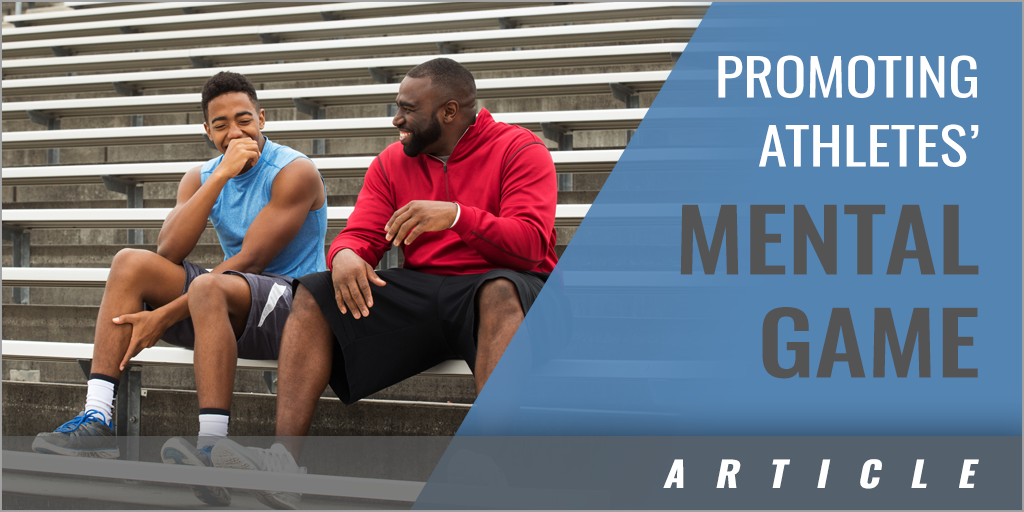|
By: Dan Gould & Cliff Mallett Originally Published in: Sport Coaches Handbook Provided by: Human Kinetics The preceding sections have provided general approaches and tangible strategies for teaching mental and life skills - that is, some "things to do." However, in order for such initiatives to fully succeed, coaches must also ensure that their programs include two underlying components: a well-crafted coaching philosophy and a positive connection with athletes. Coaches who have successfully taught mental skills and life skills to their athletes rely on a well-formed coaching philosophy that emphasizes the development of these skills. Because their philosophy helps them to be consistent, these coaches are well positioned to create and implement planned developmental activities while also taking advantage of unplanned teachable moments. More specifically, a coherent and deliberately considered philosophy can help coaches define acceptable behavior, continually communicate clear messages about that behavior, reinforce or reprimand athlete behaviors as needed, discuss the process of behavioral learning, and align it with their overall coaching rationale. Thus it is well worth the required time for coaches to think about how mental and life skills fit into their overall coaching philosophy. The second underlying component involves a positive connection between coaches and athletes. When coaches value their athletes as people and establish supportive, respectful relationships with them, athletes are more likely to learn and use mental and life skills. One way in which coaches can show respect to players is to reprimand them without belittling them; in other words, support players who make mistakes "instead of having them incur the coach's wrath." Coaches can also nurture positive connections by talking with athletes, rather than "at them," and by engaging them in conversation about their lives outside of sport. This approach treats athletes as people first and reminds coaches to interact with them holistically. A related strategy involves maintaining contact with athletes during the off-season, which extends the coach - athlete connection beyond sport and encourages athletes to continue using life skills. A wealth of research evidence demonstrates that these simple efforts are critical for athletes' psychological and social development. Though coaches can and should teach mental and life skills to their players, conflict can sometimes ensue when coaches attempt to fulfill both roles. For example, athletes may be unwilling to discuss competitive anxiety with a coach if they perceive that doing so could affect their playing time. On the other hand, a coach who knows that an athlete is facing challenges outside of sport may find it difficult to excuse the athlete from practice or competition due to the coach's desire for a positive performance outcome. In such situations, coaches may support their efforts in other ways, such as engaging the services of a sport psychology consultant. Tips for Promoting Athletes' Psychological and Social Development
|







